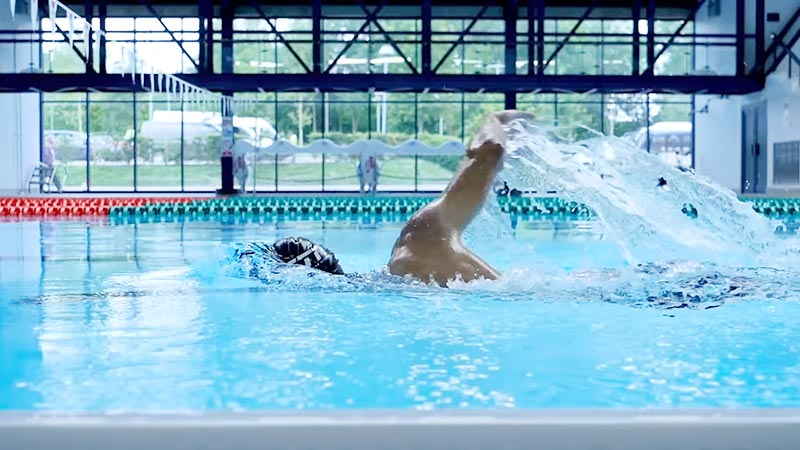

Ranging from swollen feet or a headache to life-threatening conditions such asĭehydration are thirst, a dry or sticky mouth, not urinating much, dark yellow Dehydration can be a serious condition that can lead to problems Keeping your body hydrated helps your heart pump blood more easily and allows oxygen to reach your muscles, which helps the muscles work efficiently.ĭehydration are the elderly, people with chronic illnesses, children andĪthletes. Also, when you are dehydrated, your blood retains more sodium, thickening your blood and making it harder for your blood to circulate through your body. To compensate, your heart beats faster, increasing your heart rate and your blood pressure. When you are dehydrated your blood volume, or the amount of blood circulating through your body, decreases. Dehydration can negatively affect your organs and bodily functions, including your heart and cardiovascular system. By staying hydrated – that is, by drinking more water than you are losing – you are helping your heart do its job.ĭehydration occurs when you lose more fluid through sweating, illness, fever or urination than you consume in food and water. Your heart is constantly working, pumping about 2,000 gallons of blood a day. Water is also critical for your heart health. Water gets rid of wastes through urination, perspiration and bowel movements, water keeps your temperature normal, and water lubricates and cushions your joints. Every cell, tissue and organ in your body needs water to work properly. One US military source recommends drinking only up to 1.4 liters of water per hour, when you drink it for several hours in a row.Water makes up about 60 percent of your body weight. This is the lowest amount to cause water intoxication in adults, I've heard of. Water intoxication is not studied by experiments, from obvious reasons, so the most knowledge about this comes from case reports and newspaper news.Īccording to one report, a woman who was on a low-calorie and hence low-sodium diet for about a week, drank 4 liters of water in 2 hours and later died in hospital from water intoxication (hyponatremia). If you drink smaller amounts, like 1 cup (237 mL) at the time, for example, 30 min apart, you have a better chance to keep a greater percent of water in your body. When you drink 1 liter of water at once (still only the half of the amount you miss) you may observe that you will need to urinate shortly after that (because of mechanism described above). This can be true even when you are dehydrated and you, for example, miss 2 liters of water in your body (you can know that by weighing yourself).

This way the drinking will be less efficient than drinking smaller amounts, like 1 cup at the time. Volume receptors in the heart will detect an increase of blood volume and will trigger excretion of some water from the blood through the kidneys before the water could reach the body cells. If you drink a large amount of water at once, for example, 500 mL (2 cups, 16 oz), all this water will be quickly absorbed and will expand the blood volume. I don't see a lot of difference between drinking few sips and 1 cup (8 oz, 237 mL) of water at once.


 0 kommentar(er)
0 kommentar(er)
